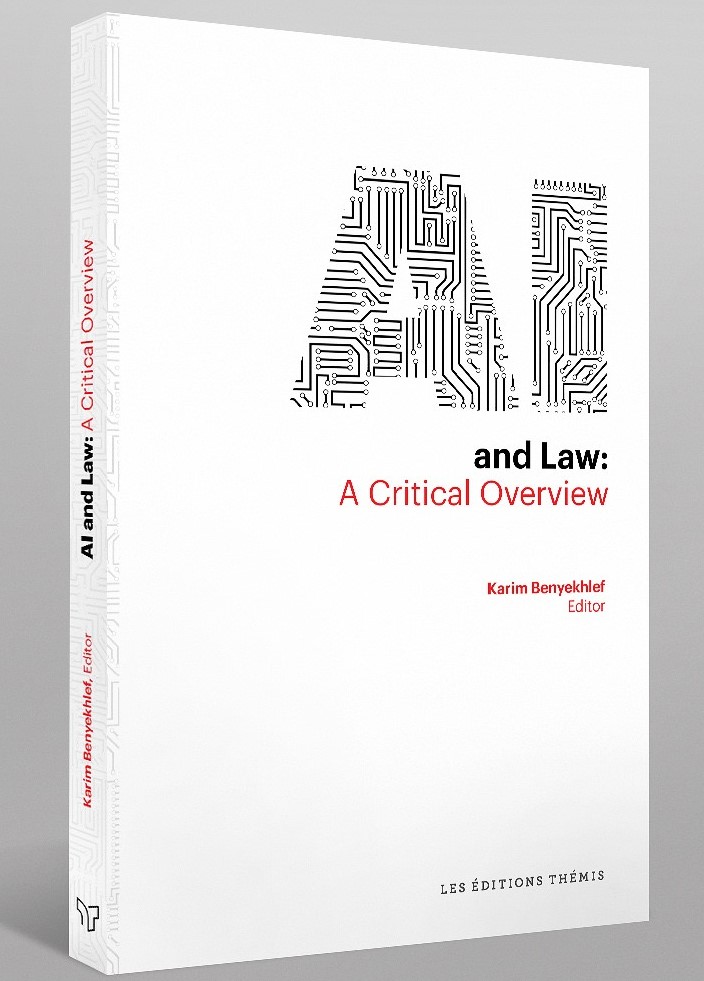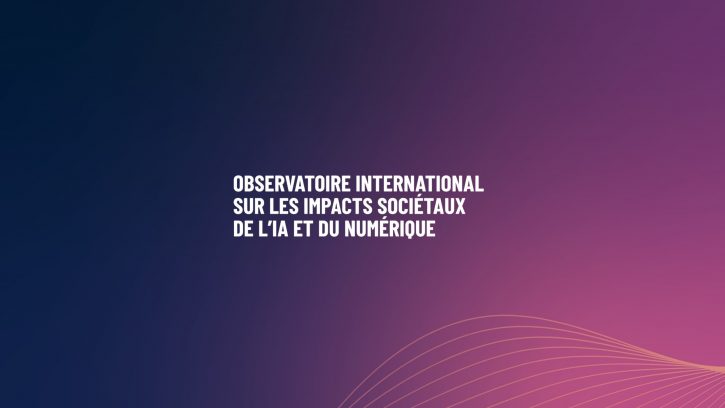
Karim Benyekhlef
Full Professor, Faculty of Law, Université de Montréal
Director, Faculty of Law, Cyberjustice Laboratory
Associate Researcher, Judiciary, Graduate Institute of Justice Studies
Holder of the Research Chair LexUM
Fellow at National Center for Technology & Dispute Resolution
Biography
Karim Benyekhlef has been a professor in the Faculty of Law at the Université de Montréal since 1989. He has been seconded to the Centre de recherche en droit public since 1990 and served as its Director from 2006 to 2014. He was also the Director of the Regroupement stratégique Droit, changements et gouvernance (Strategic Law, Change and Governance Group), which brings together some 50 researchers, from 2006 to 2014. At the same time, he was the Scientific Director of the Centre d’études et de recherches internationales de l’Université de Montréal (CÉRIUM – the Université de Montréal’s International Research and Study Centre) from 2009 to 2012. He is now the Director of the Cyberjustice Laboratory, which he founded in 2010. The Cyberjustice Laboratory has obtained in 2015 the award «Mérite Innovation» from the Bar of Quebec (Innovation Award). He holds the Chaire de recherche en information juridique Lexum (Lexum Research Chair on Legal Information) and serves as a member of CÉRIUM’s science and advisory committees. He received in 2016 from the Bar of Quebec the distinction Advocatus Emeritus. He holds the 2019-2020 Alexandre Koyré Excellence Research Chair.
Member of the Barreau du Québec (Québec Bar Association) since 1985, he practiced in the federal Department of Justice from 1986 to 1989. His teaching and research areas are constitutional law (human rights and freedoms), international law, information technologies law, legal theory and history of law. In 1995, Professor Benyekhlef founded the electronic law journal Lex Electronica, the very first French-language online law journal.
He also initiated the first online dispute resolution projects (the CyberTribunal Project, 1996-1999; eResolution, 1999-2001; ECODIR, 2000-today). He now serves as Director of the Cyberjustice Laboratory, the work of which is designed to increase and facilitate access to justice. From 2011 to 2018, he lead a project funded by the Social Sciences and Humanities Research Council (SSHRC) of Canada in the context of the Major Collaborative Research Initiatives (MCRI) Program: Rethinking Procedural Law: Towards Cyberjustice, composed of an an international team made up of some 30 researchers from over 23 different universities in Canada, the United States, Australia and Europe. He is now leading the project «Autonomy through Cyberjustice Technologies and Artificial Intelligence» (ACT Project) funded by the partnership program of SSHR. ACT aims to increase access to justice through the use of artificial intelligence (AI). Over the next 6 years, ACT will be able to count on a multidisciplinary and international team of 50 researchers, as well as 42 partners including research centers, public institutions, legal professionals, representatives from civil society and private sector actors.
This content has been updated on 1 September 2020 at 12 h 56 min.










